

The well-known speaker closed its visit to Spain with an evangelistic message to thousands.
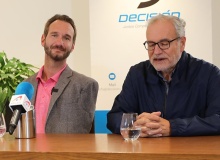
He spoke to over 3,000 schoolchildren about his own personal experience and the need to stop bullying. His visit to Spain was followed by the media.

Amid a complicated diplomatic situation in Algeria, evangelicals call on the EU to “push for increased freedom of religion” in the country.

A trade unionist, a business owner, and a theology of work expert analyse how to deal with the challenges of labour relations from a biblical perspective.
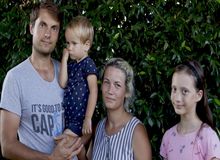
A Ukrainian refugee family shares how a biblical faith and worldview has been essential to deal with the reception process in the other corner of Europe.

Businessman Rubén García addresses the fast growth of the technology sector, the challenges of the current economic situation, and the importance of support among Christian business leaders.
.jpg)
Eastern countries have the highest rates in Europe. Pioneer plans to prevent suicide are started in countries like Spain, where the incidence has been growing among young women.
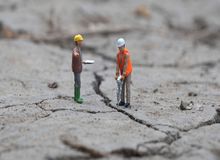
How does the biblical Christian worldview actually fit into the complex area of labour relations between employers and workers? A trade unionist, a business owner, and a theology of work expert respond.
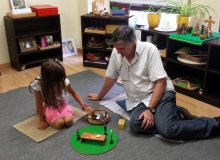
Pastor, writer, Scripture Union missionary and promoter of the Bible presentation method Godly Play, David Pritchard's greatest passion was bringing Jesus to children.
.jpg)
Kees de Kort, a Dutch painter and illustrator, was known for over 300 colorful illustrations bringing to life both the Old and New Testament.
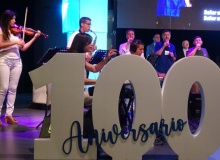
Over 1,200 attendees took part in the convention in Madrid.
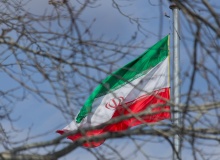
“If Christians cannot meet in their homes, where should they meet to worship?”, asks the Spanish the Spanish Evangelical Alliance.

The Health Ministry congratulates itself for having “helped people to die with dignity”. One month ago, the government replaced 11 of the 12 experts of the public bioethics committee that criticised the law last year.
.jpg)
For 7 months, Tim had digestive problems and fatigue, and still struggles with concentration. His mother also had to adapt her lifestyle to the long-term effects of Covid-19.
.jpg)
She was highly respected among evangelical churches and organisations in Spain. Among Luttikhuizen’s most important works is a history of the Spanish Protestant Reformation.

Thousands of Germans travel to the island on their holidays. Over 160 Christians from Germany and Switzerland share the gospel with them, along with local believers.

A survey identifies the interests, difficulties and hopes of young people, with religion playing a much less relevant role than in previous generations.
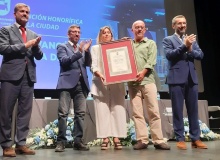
A church in southern Spain was awarded an Honourable Mention by the City Council. “The Lord blessed us today to continue blessing others”, they said.
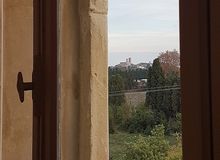
Remei Oliva tells in a book how she fled to France and ended up in a centre run by Elisabeth Eidenbenz, the daughter of a pastor. “Without her, I would have died”, says the son.

Operation Transit returns this summer to deliver thousands of Bibles and Christian materials to people crossing the borders to North Africa.
.jpg)
Pro-life groups in Europe follow with attention the situation in the US after the decision that reversed “Roe v Wade”. Small organisations network to support women holistically.
Over 40 professors from the five Protestant faculties offering officially recognised degrees discussed strategies for improving the quality of teaching.
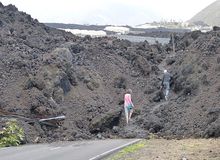
A local Baptist pastor: “We support families with supermarket cards, food, rental subsides and fuel vouchers”. Rebuilding roads in the island is a priority as 500 people continue to stay in hotels.
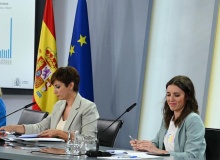
Despite the negative report of the General Council of the Judiciary, there are hardly any changes. The change of sex may be made without restrictions or prior reports.
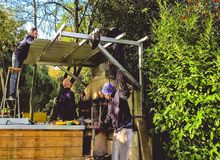
‘Industrials for Christ' brings together professionals and amateurs from the construction sector to reform Christian facilities and to help unbelievers know Christ better.

Las opiniones vertidas por nuestros colaboradores se realizan a nivel personal, pudiendo coincidir o no con la postura de la dirección de Protestante Digital.